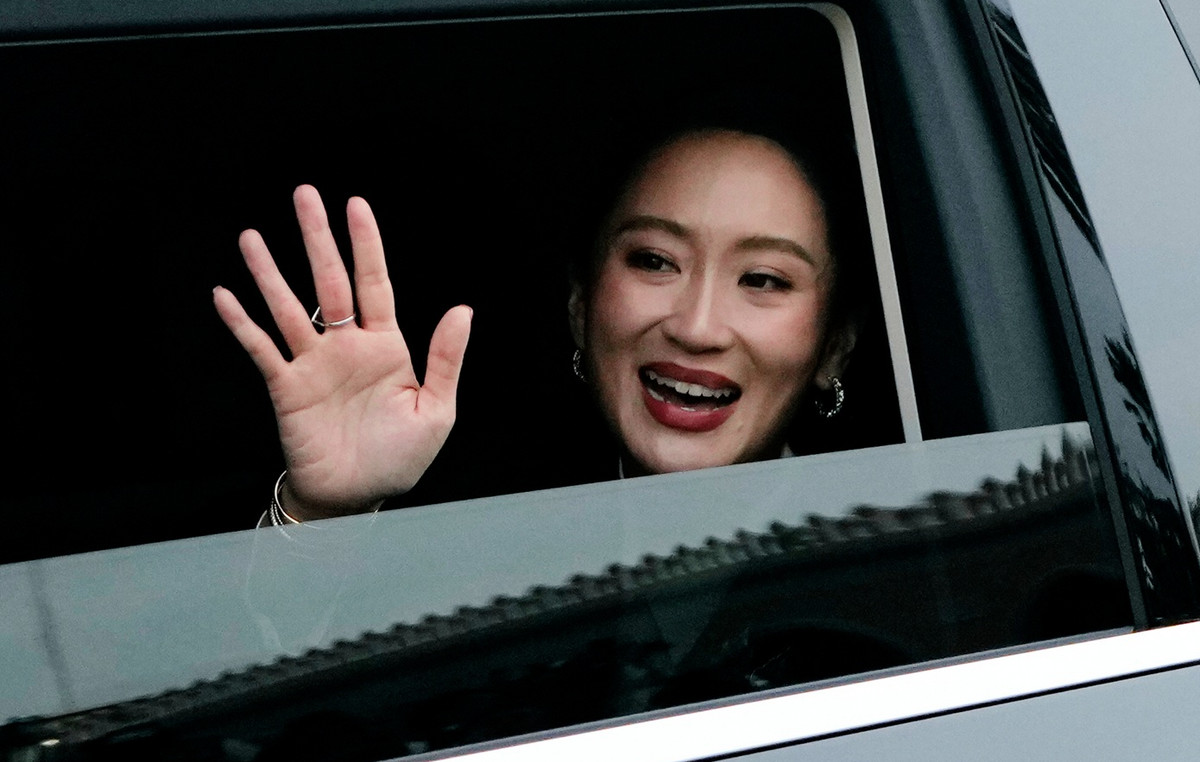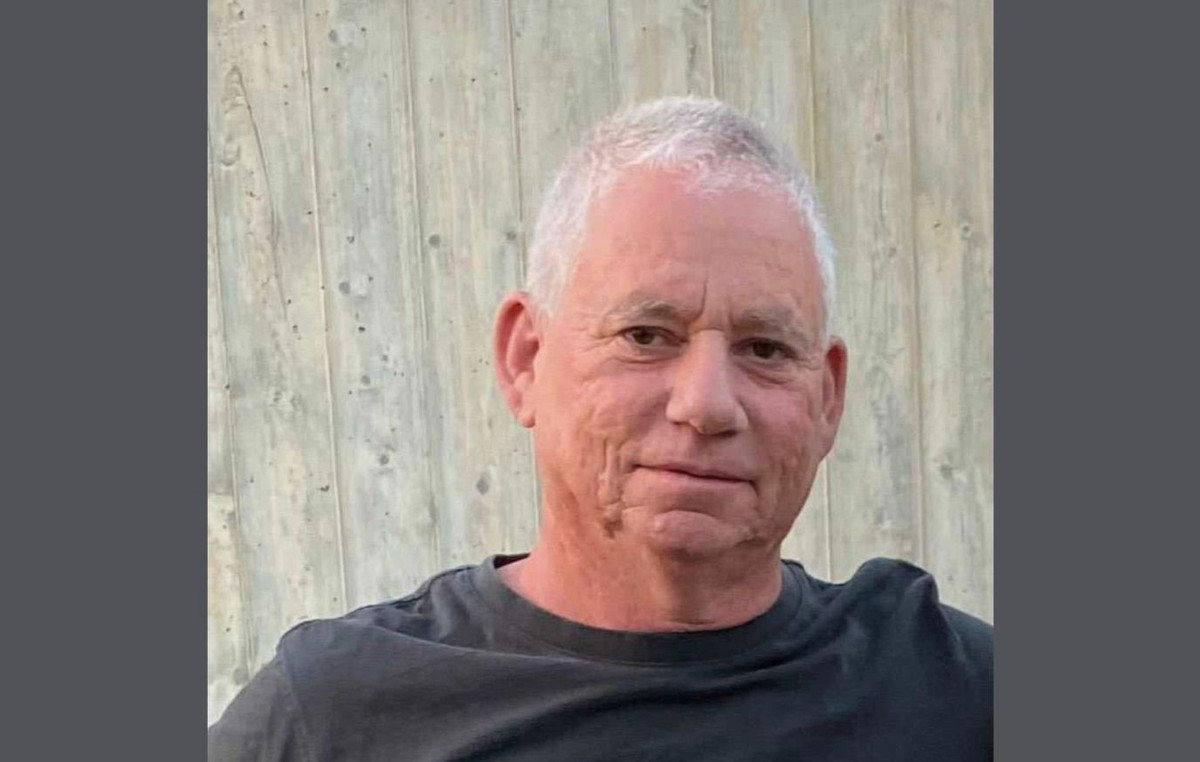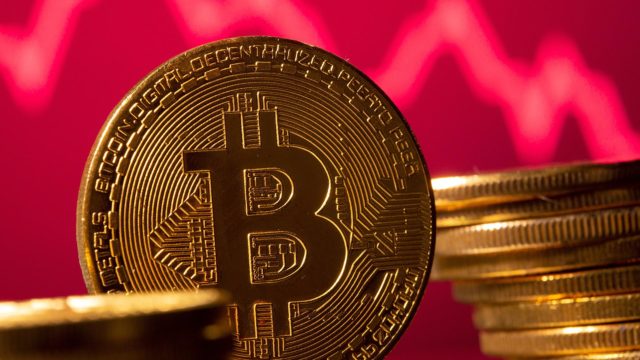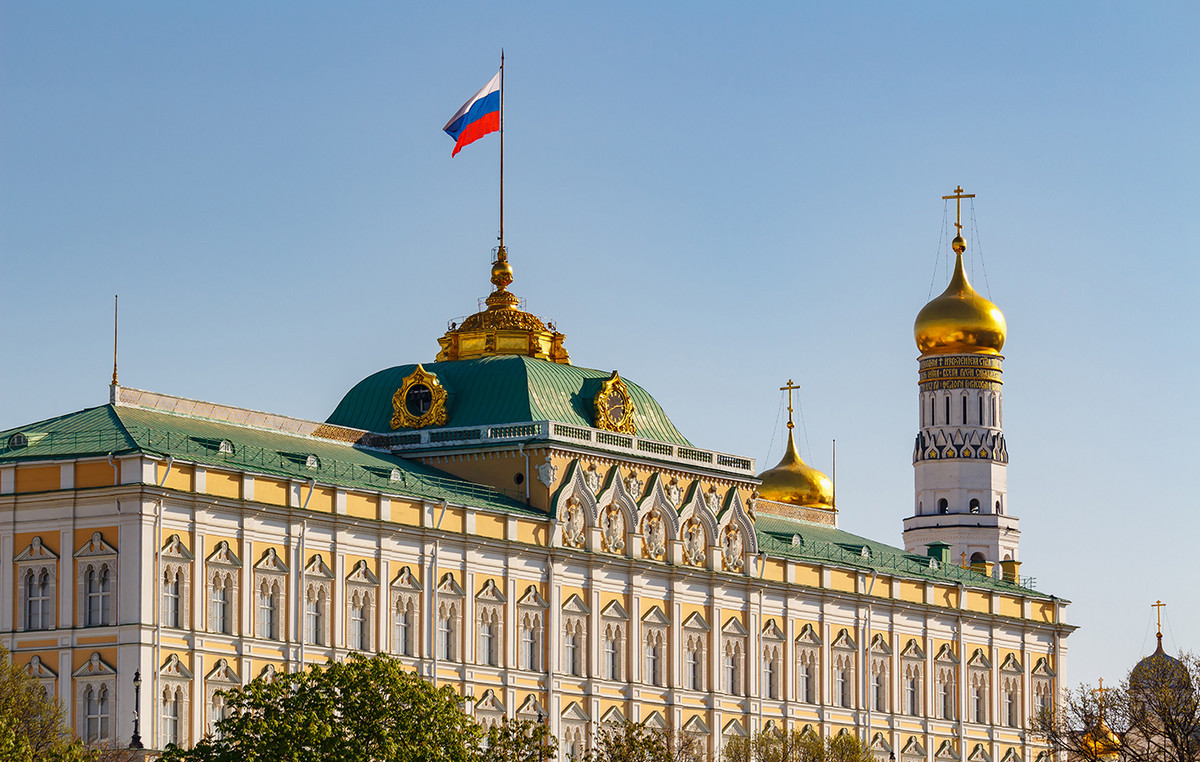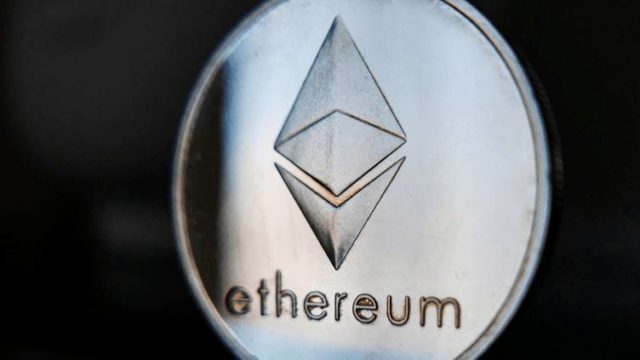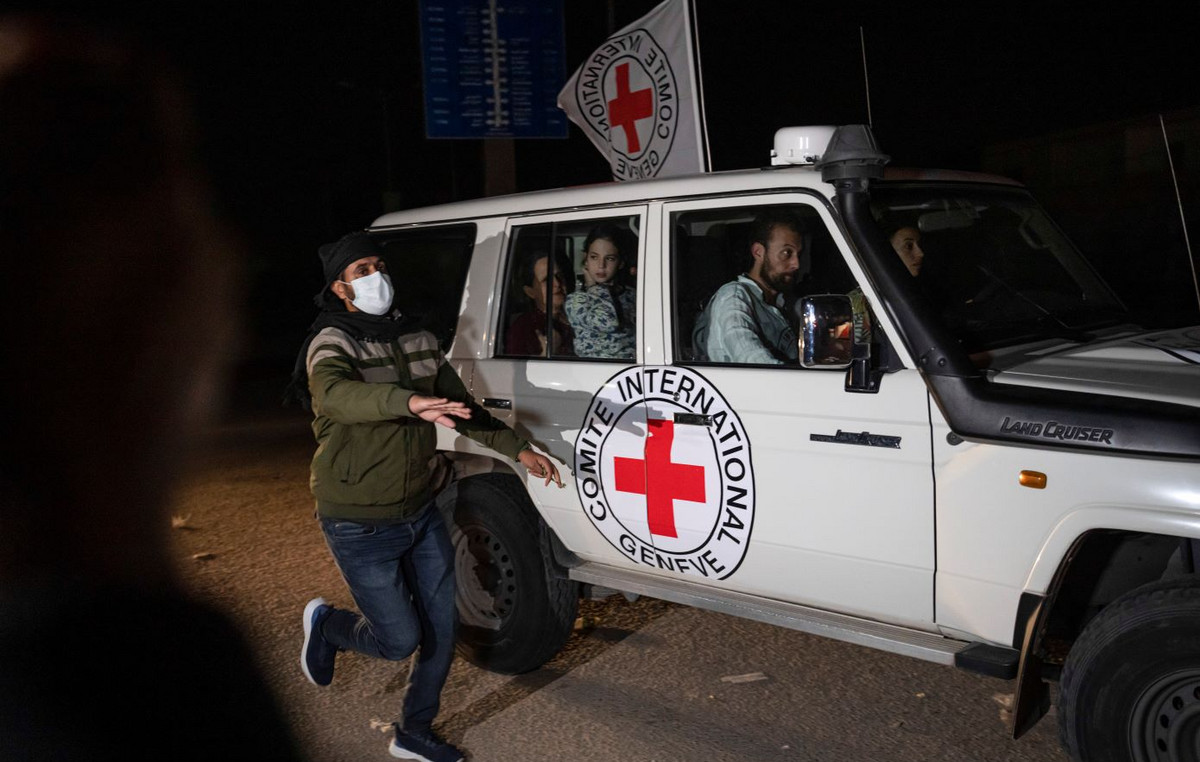Hundreds of people in Cuba's second-largest city, Santiago, participated in a rare public protest on Sunday (17), according to social media posts and official reports, prompting Cuban President Miguel Díaz-Canel to call for dialogue in a “ atmosphere of tranquility and peace.”
Protesters in Santiago took to the streets shouting “energy and food,” according to videos posted on social media, while blackouts in some places lasted 18 hours or more a day, putting frozen food at risk and increasing tensions in the island.
Cuba has fallen into an economic crisis almost unprecedented since the Covid-19 pandemic, with massive shortages of food, fuel and medicine fueling a record exodus that has seen more than 400,000 people migrate to the United States.
Díaz-Canel confirmed Santiago's protest on the social media platform X, formerly known as Twitter, shortly after the event ended.
“Several people expressed their dissatisfaction with the situation of electrical service and food distribution,” said Díaz-Canel.
“The willingness of the Party, State and Government authorities is to respond to the complaints of our people, listen, dialogue, explain the numerous efforts that are being made to improve the situation, always in an atmosphere of tranquility and peace”, he added.
Díaz-Canel also said that “terrorists” in the United States seek to foment new revolts.
“This context will be taken advantage of by the enemies of the Revolution, for destabilizing purposes,” said Díaz-Canel in X.
The police arrived in Santiago to “control the situation” and “prevent violence”, according to a report published on social media by the state-owned Cuba Debate.
It was not immediately clear if anyone was arrested during the protest.
Beatriz Johnson, a Communist Party official from Santiago, said protesters in the eastern Cuban city were “respectful” and listened “attentively” to government explanations about food and electricity shortages.
Videos on social media suggest the demonstration was peaceful.
Cuba's capital, Havana, and outlying neighborhoods surveyed by Reuters appeared calm until Sunday night. Reuters was unable to immediately confirm the veracity of videos on social media of alleged protests in other cities in Cuba.
The US embassy in Havana said it was monitoring protests in Santiago and elsewhere.
“We ask the government of Cuba to respect the human rights of protesters and meet the legitimate needs of the people of Cuba,” the embassy said on X.
Cuban Foreign Minister Bruno Rodriguez criticized the US Embassy's comments on Sunday night, attributing Cuba's “acute economic situation” to the trade embargo and long-standing US sanctions.
“The US government, especially its embassy in Cuba, must refrain from interfering in the country's internal affairs and inciting social disorder,” Rodriguez said on X.
Protests on the island are extremely rare but have emerged more frequently in recent years as the economic crisis rocks the country.
Although Cuba's 2019 Constitution grants citizens the right to protest, a law that more specifically defines this right is paralyzed in the Legislature, leaving those who take to the streets in legal limbo.
Human rights groups, the European Union and the United States have criticized Cuba's response to anti-government protests more than two years ago on July 11, 2021 – the largest since Fidel Castro's 1959 revolution – as violent and repressive.
Cuba's government said those arrested were guilty of aggression, vandalism and sedition.
Source: CNN Brasil
Bruce Belcher is a seasoned author with over 5 years of experience in world news. He writes for online news websites and provides in-depth analysis on the world stock market. Bruce is known for his insightful perspectives and commitment to keeping the public informed.

